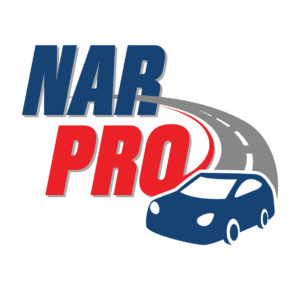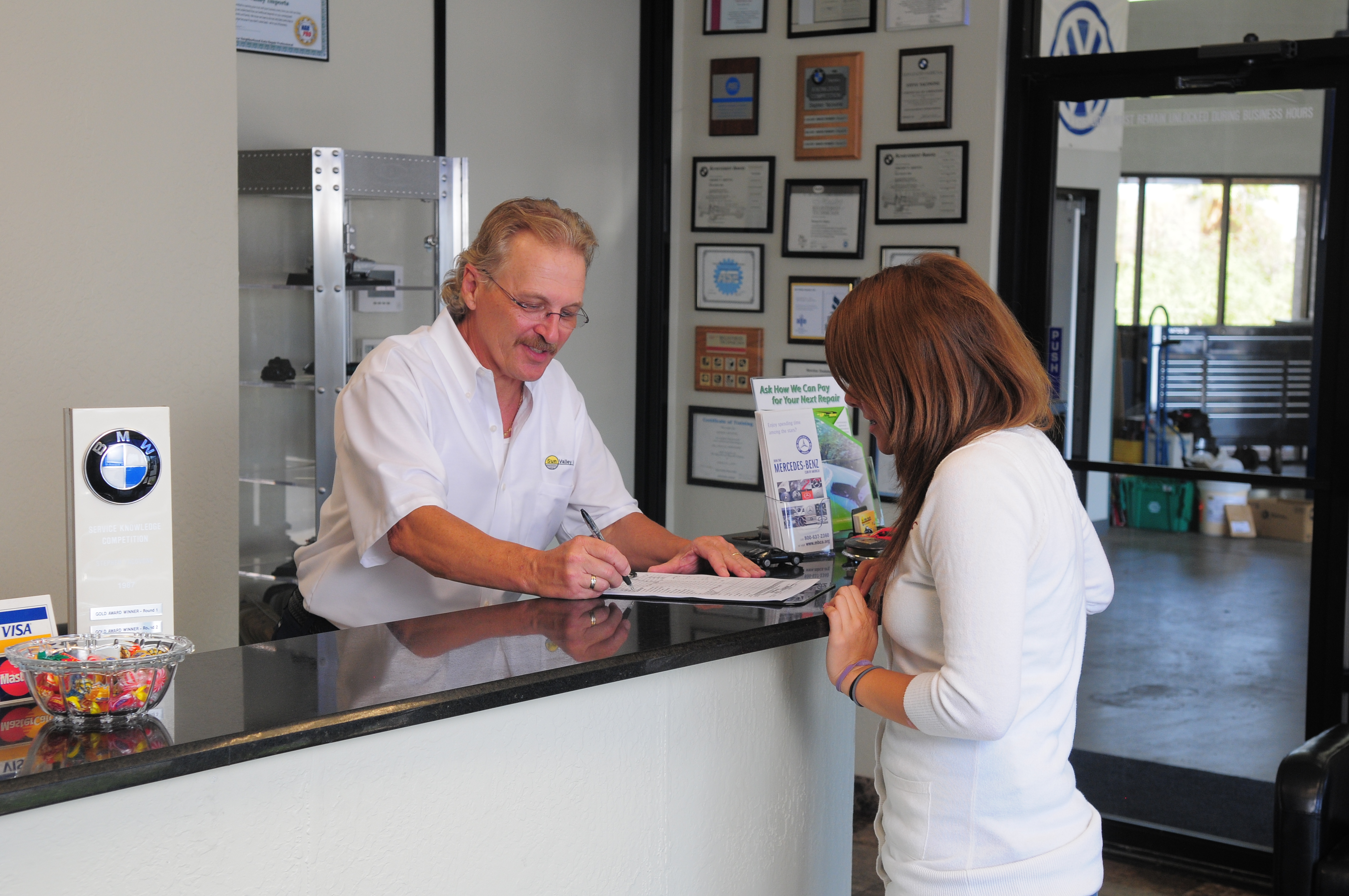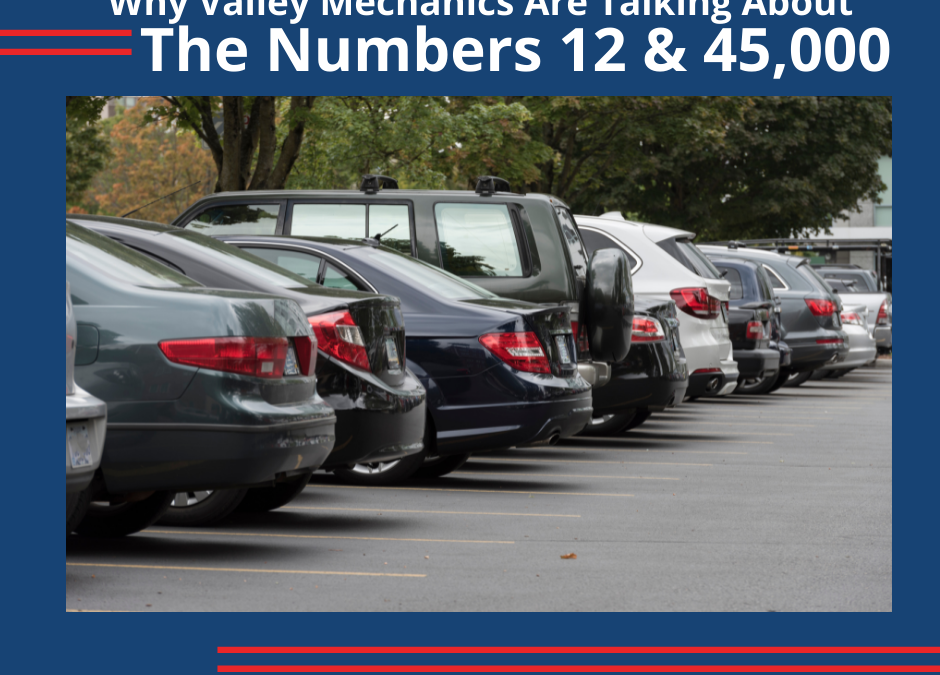Auto repair shop charges are often a mystery to the average car owner.
Everyone who owns a car or truck understands that it will, from time to time, need to be repaired. It is not something we do gleefully, but we do recognize it as a necessity if we want to enjoy the freedom of driving. But in our search to get the best “deal” we can do ourselves a huge disservice by not having a decent understanding of how we are charged and for what.
Most auto repair shops, especially the independent, family-owned, neighborhood shops give you honest work at reasonable prices. There are, of course, those shops that do not (be wary of the cut-rate/lowest price operator). The old saying “You get what you pay for” applies well to auto repair.
No matter if you’ve been driving for 50 years, or just bought your first car yesterday, there are certain things you should know that will make your life easier when bringing your car in for maintenance or repair services. In this article, I have tried to help take the mystery out of the way auto repair shops charge you for their services and how you can protect yourself from unscrupulous operators.
Before you have any auto repair work performed, ask how the repair shop prices its services.
Some shops charge a flat rate for labor on auto repairs. This published rate is based on an independent or manufacturer’s estimate of the time required to complete repairs. Others charge on the basis of the actual time the technician worked on the repair. If you need expensive or complicated repairs, or if you have questions about recommended work, consider getting a second opinion. Find out if there will be a diagnostic charge if you decide to have the work performed elsewhere. Most repair shops charge for diagnostic time. If you decide to get the work done, ask for a written estimate.
Get a Written Estimate
- The estimate should identify the condition to be repaired, the parts needed, and the anticipated labor charge. Make sure you get a signed copy.
- It should state that the shop will contact you for approval before they do any work exceeding a specified amount of time or money. State law may require this.
What should I know about the parts to be repaired or replaced?
Replacement parts are not all the same. Some come directly from your vehicle’s manufacturer, others are produced by an after-market parts manufacturer. After-market parts can be just as good (and less costly) than the Original Equipment Manufacturer’s parts. Ask your auto repair shop; they have long experience with parts manufacturers.
In general, parts are classified as:
- New – These parts generally are made to original manufacturer’s specifications, either by the vehicle manufacturer or an independent company. Your state may require auto repair shops to tell you if non-original equipment will be used in the repair. Prices and quality of these parts vary.
- Remanufactured, rebuilt and reconditioned – These terms generally mean the same thing: parts have been restored to a sound working condition. Many manufacturers offer a warranty covering replacement parts, but not thelabor to install them.
- Salvage – These are used parts taken from another vehicle without alteration. Salvage parts may be the only source for certain items, though their reliability is seldom guaranteed.
What do I need after the work is done?
- Get a completed repair order describing the work done. It should list each repair, parts supplied, the cost of each part, labor charges, and the vehicle’s odometer reading when you brought the vehicle in as well as when the repair order was completed. Ask for all replaced parts. State law may require this.
Alan Tarr is the Executive Director of NARPRO which searches out the best, independent auto repair shops and, if they meet our 26 standards for expertise, integrity and customer satisfaction, lists them on NARPRO.com.







